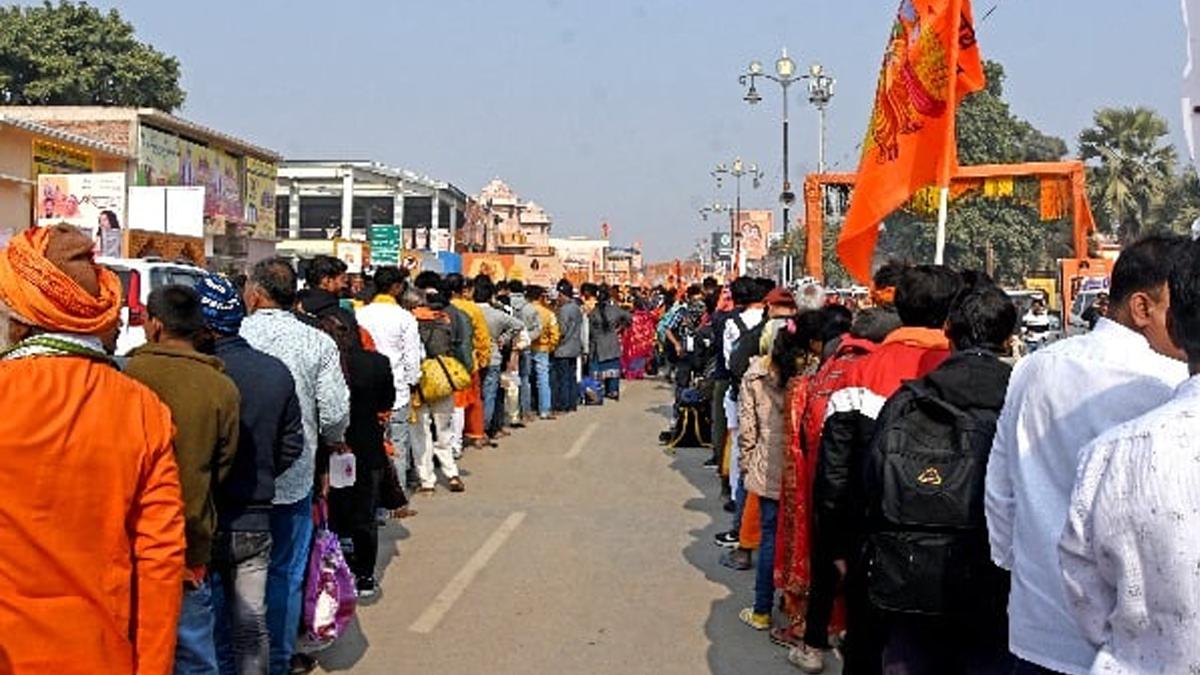Grilled by the Supreme Court on One Rank One Pension (OROP) in the armed forces, the Centre has told it that OROP is to "bridge the gap" between the rates of pension of current and past pensioners.
In an affidavit filed by Additional Solicitor General N. Venkataraman, the Centre said: "One Rank One Pension implies that uniform pension be paid to the armed forces personnel retiring in the same rank with the same length of service, irrespective of the date of retirement and any future enhancement in the rates of pension to be automatically passed on to the past pensioners."
The petitioner, Indian Ex-Servicemen Movement (IESM) laid repeated emphasis on the expression "automatically" to convey that the revision of the OROP should be automatic and the Centre had failed to do and has instead made the OROP revision once in five years.
Emphasising on rejecting this argument, the affidavit said: "The dynamic calculations as contended by the petitioners is unheard of in practice whether it is pay scale or pension or any other financial emoluments given to a government servant. This is not in vogue for the simple reason that it is impossible to put it as a scheme of implementation."
Also Read | Tata vs Cyrus: SC agrees to hear review petition by Cyrus Investments in open court
The Centre also answered the query whether the statement made by the then Finance Minister on February 17, 2014 was based on any decision or recommendation by the Union Cabinet. "Respondent respectfully submits that this statement is not based on any decision or recommendation by the then Union Cabinet. On the other hand, the Cabinet Secretariat conveyed the approval of the Prime Minister in terms of Rule 12 of the GoI (Transaction of Business Rules) 1961 on November 7, 2015," added the affidavit.
It further said Department of Ex-Servicemen Welfare, under the Defence Ministry, through a communication on November 7, 2015 conveyed the policy of OROP for the defence forces personnel. "A post facto approval of the Union Cabinet dated April 6, 2016, was also conveyed by the Cabinet Secretariat on April 7, 2016," said the Centre.
"More importantly, the policy document states that OROP is to bridge the gap between the rates of pension of current and past pensioners, which objective has been duly complied with," the affidavit said.
The top court will hear the matter later this week.
Also Read | NSE fraud: CBI grills former NSE chief's advisor Subramanian, lands up at SEBI office
During the previous hearing, senior advocate Huzefa Ahmadi, appearing for IESM, said what is the morality of this government after giving a statement that it has, in principle, agreed to implement one rank one pension. He added that the sum and substance of their arguments is that they are not inclined to give OROP, but they will give one rank, different pensions. He added that the ASG said it could have been given at 10 years but they chose 5 years for the review.
"What is the morality of a statement made by a minister on the floor of the House," he said Ahmadi.
In the plea, filed through advocate Balaji Srinivasan, the petitioners have questioned the November 7, 2015 notification issued by the Centre while implementing OROP, in which the government adopted a modified definition of the expression, under which the gap between the rates of pension of current and past pensioners were to be bridged at periodic intervals.


















